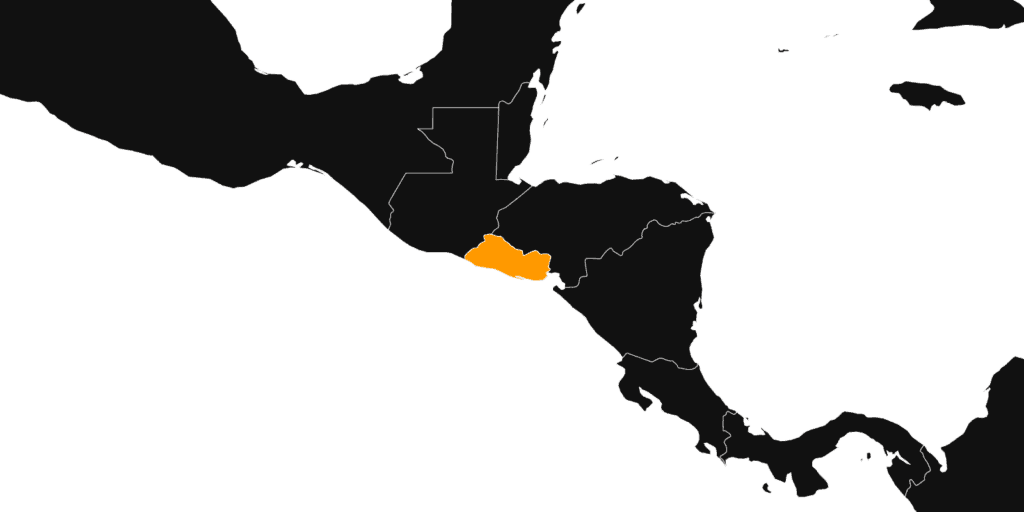
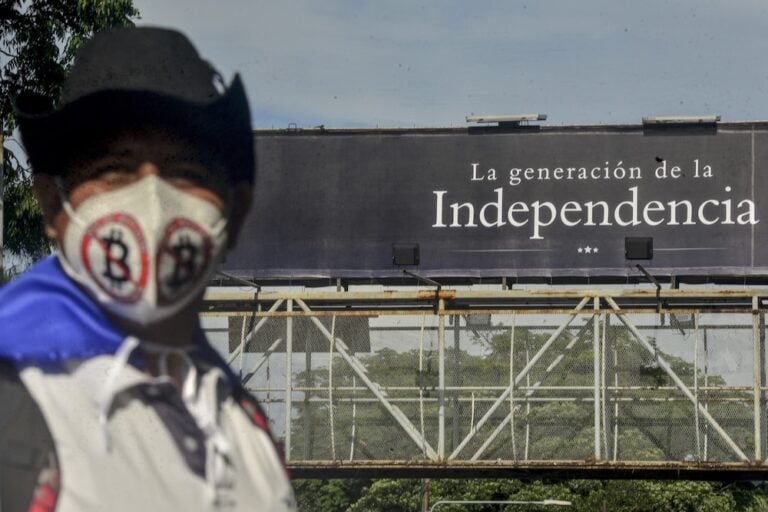
Controversial hacktivists may have prompted El Salvador’s censorship of Telegram
According to researchers, El Salvador continues to fall short of basic cybersecurity compliance standards and regulations, preventing any affected civilians from mitigating the potential risks they face.
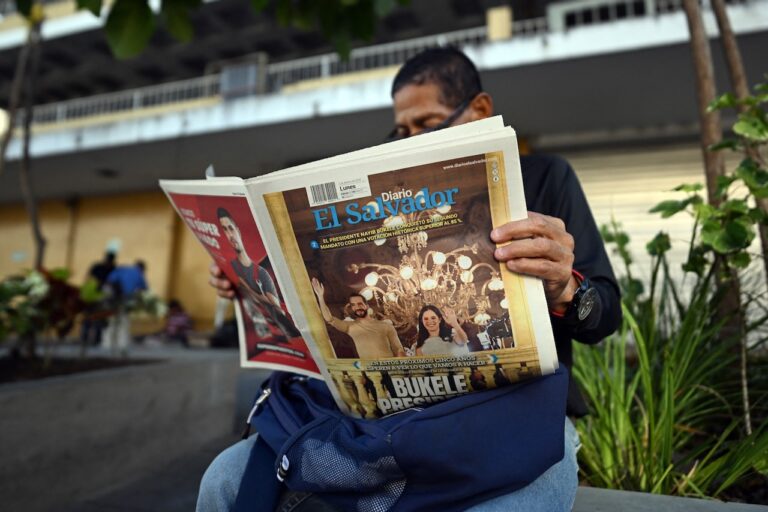
Serious decline in press freedom in El Salvador: RSF and its partners call on national authorities to safeguard right to information
Signatories call on El Salvador’s authorities to respect and protect press freedom and, in particular, to establish favourable and safe long-term conditions guaranteeing the ability of journalists to work freely.
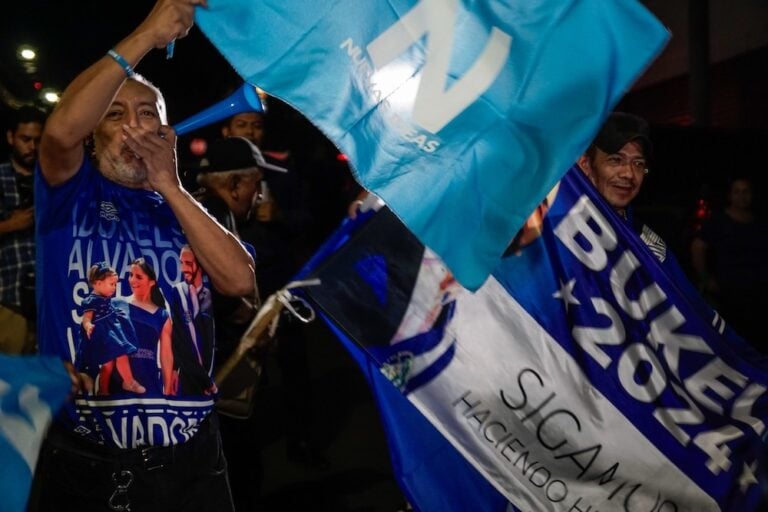
Between democracy and authoritarianism in El Salvador
The political landscape going Into the 2024 elections.
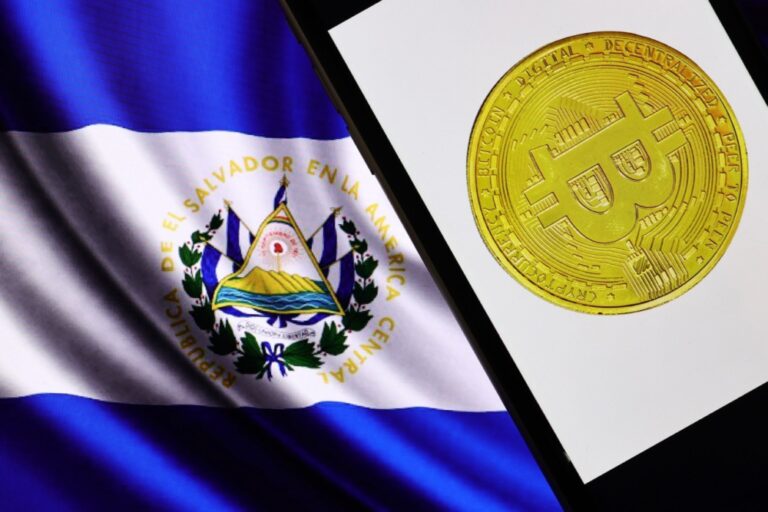
Digital authoritarianism, the case of El Salvador
This is an extract from the report on El Salvador, from the series of reports to come out of the research under the Unfreedom Monitor.
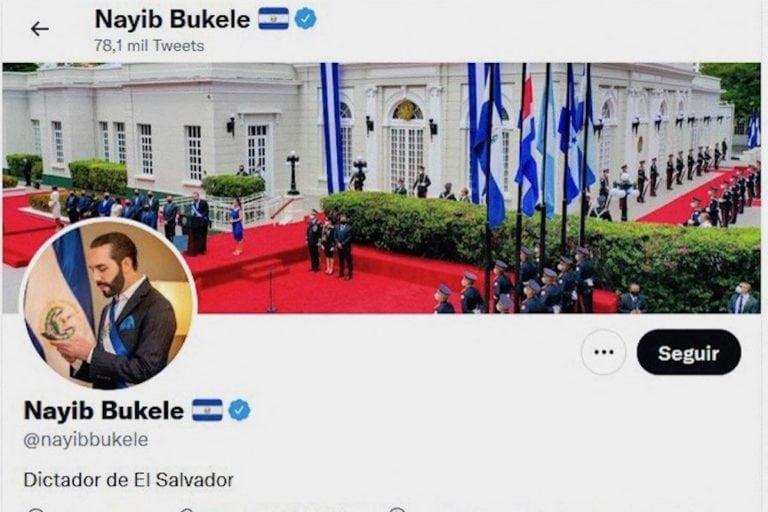
In El Salvador, President Bukele harasses independent journalists on Twitter
Bukele’s government uses paid influencers and ‘likely bot farms’ to tweet pro-government messages ‘tens of thousands of times’ on a given topic while masking their origin to create the appearance of authentic grassroots support.
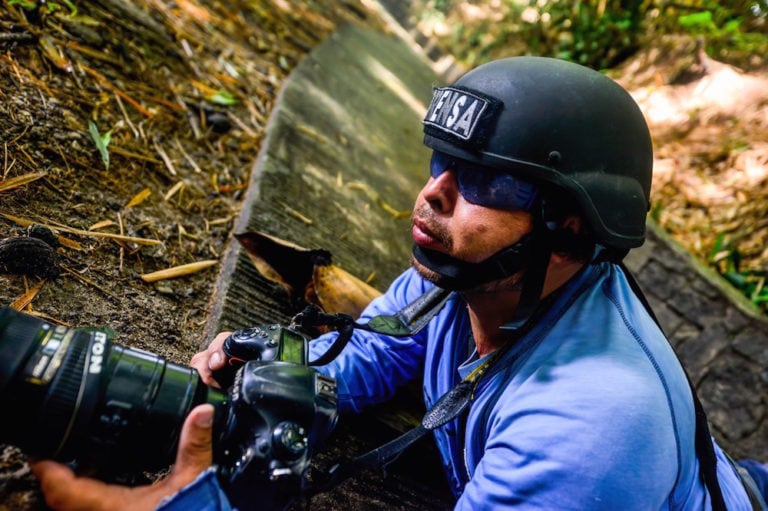
El Salvador’s Pegasus spyware case left uninvestigated ten months later
Ten months ago, Access Now and the Citizen Lab confirmed that several journalists were targeted with the use of NSO Group’s Pegasus spyware on a massive scale in El Salvador.

El Salvador: Broad ‘state of emergency’ risks abuse
The Legislative Assembly passed a law declaring a “state of emergency” that suspends for 30 days the rights to freedom of association and assembly, and privacy in communications, as well as some due process protections.
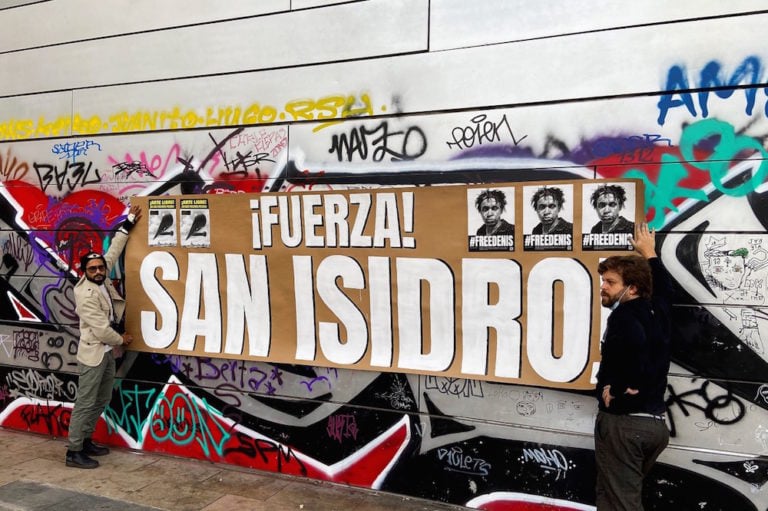
CPJ welcomes El Salvador’s acceptance of 2 journalists expelled from Cuba
Salvadoran authorities should continue providing support to Cuban journalists Esteban Rodríguez and Héctor Luis Valdés, and Cuban authorities should cease forcing journalists into exile.
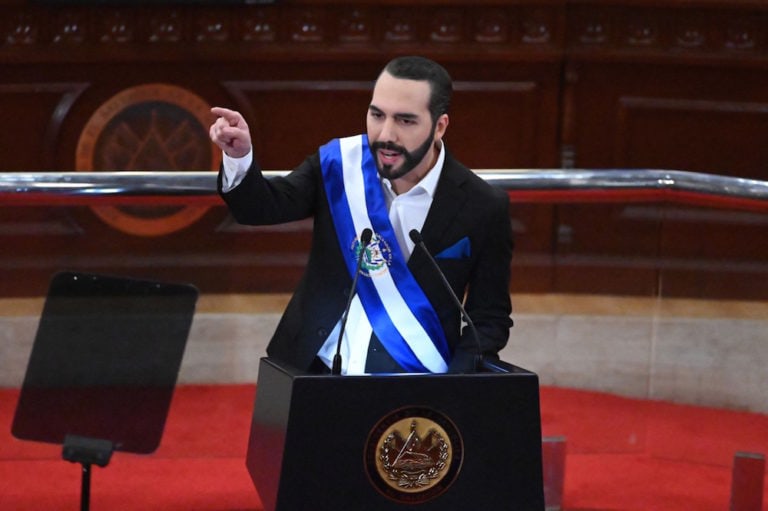
El Salvador: Shelve ‘foreign agents’ bill
The bill would require entities and people who receive funding or support from abroad to register as a “foreign agent” with the Interior Ministry and would severely limit the activities in which these organizations can engage.
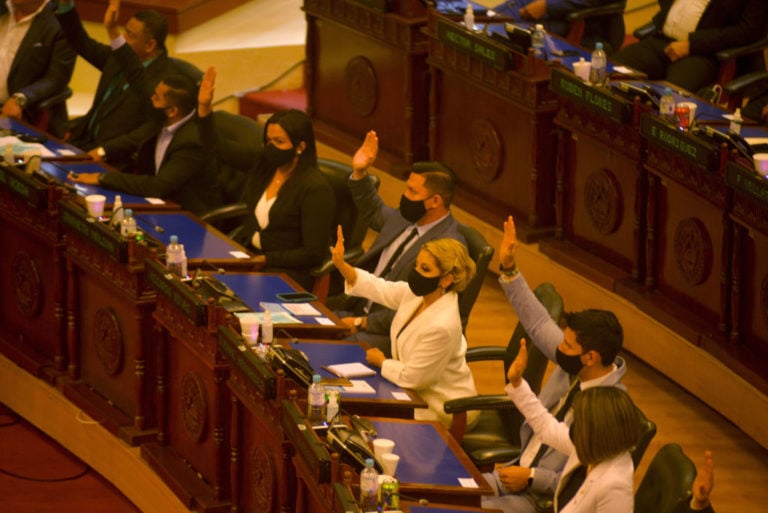
Civil society organizations in the region reject the capture of the Constitutional Court and the Attorney General’s Office in El Salvador and warn that the principle of separation of powers in the country is being affected.
The undersigned civil society organizations, committed to the defense of the rule of law, human rights and democracy in Latin America, strongly reject the decisions adopted on May 1 by the Salvadoran Congress to arbitrarily remove from office the judges and alternate judges of the Constitutional Chamber of the Supreme Court of Justice and the Attorney General, and to irregularly appoint their replacements, in violation of the constitutional and international legal framework, and warn of a serious risk to the preservation of the democratic system in the country.
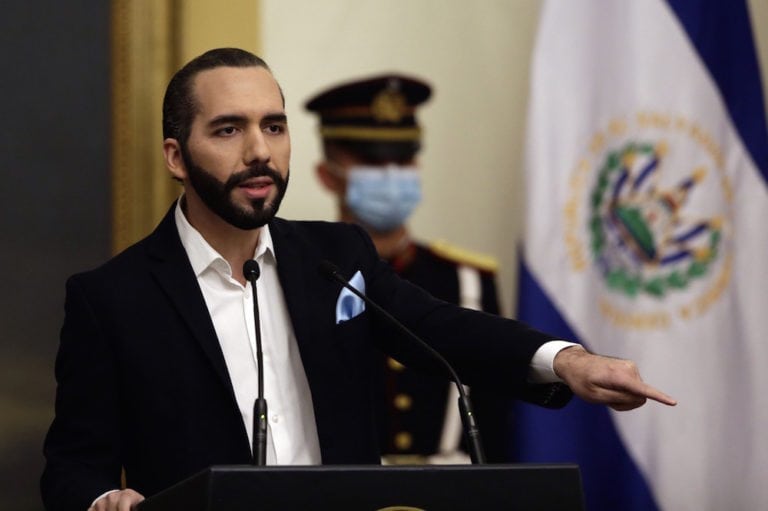
Without offering proof, Salvadoran President Bukele alleges money laundering investigation into ‘El Faro’ news website
“President Bukele appears committed to continuing his anti-press rhetoric and spreading rumors in a campaign to damage El Salvador’s independent media,” said CPJ.
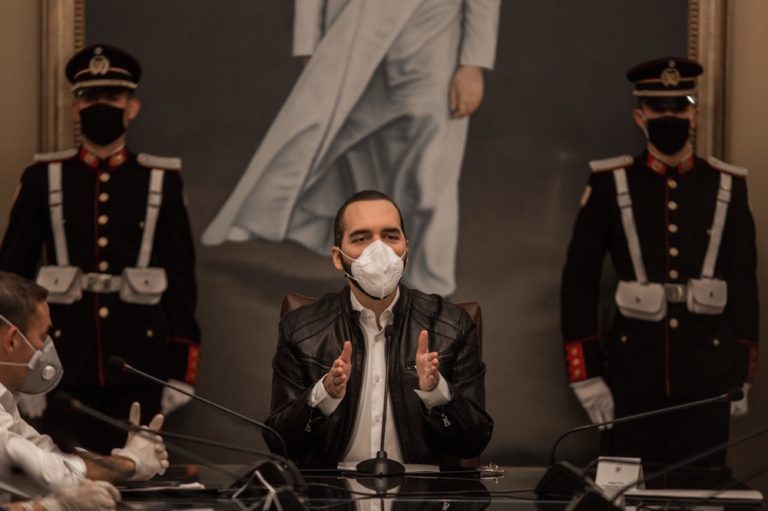
InSight Crime’s Héctor Silva Ávalos subject of alleged investigation, presidential tweets
Salvadoran authorities should make public any details about an alleged criminal investigation into ‘InSight Crime’ journalist Héctor Silva Ávalos and stop using official social media channels to criticize and harass independent journalists.
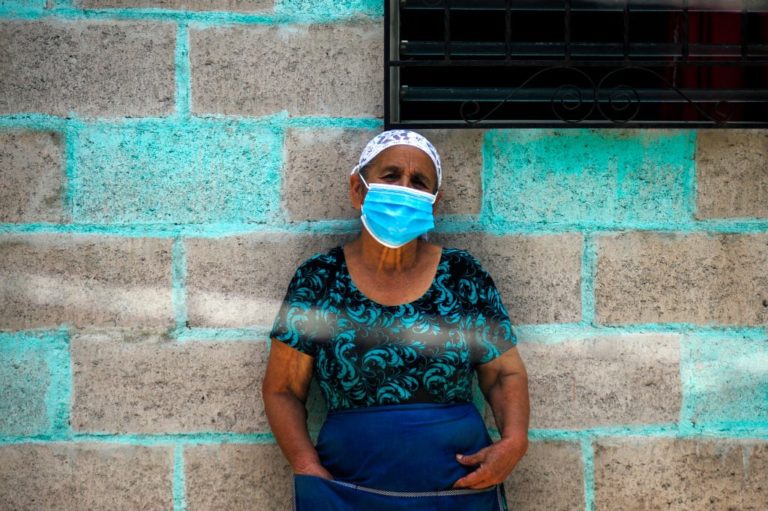
El Salvador: Organizations express concern about the increase in digital violence against Women Human Rights Defenders
IFEX-ALC joins over 100 organizations in warning that the El Salvador government’s measures to tackle COVID-19 have created a violent and hostile environment that hinders the work of Women Human Rights Defenders.
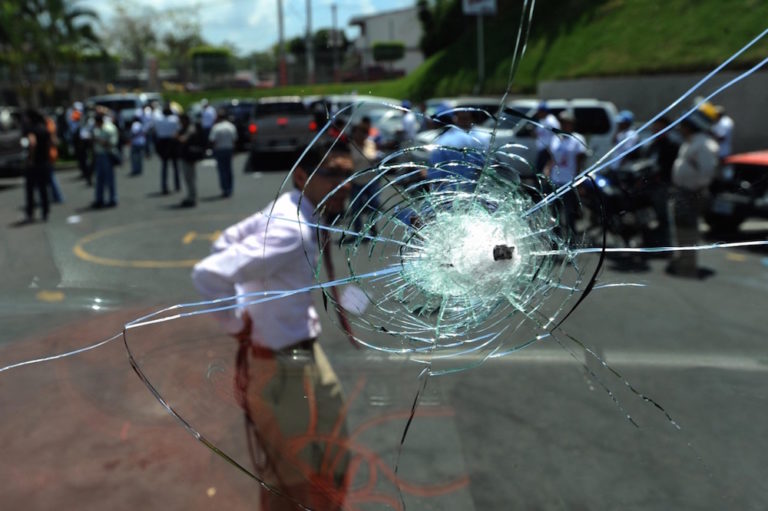
Staying alive while reporting on gangs in El Salvador
Violent crime is pervasive in El Salvador and several journalists have been murdered in recent years; read about the safety training being given to the local journalists who are most at risk.